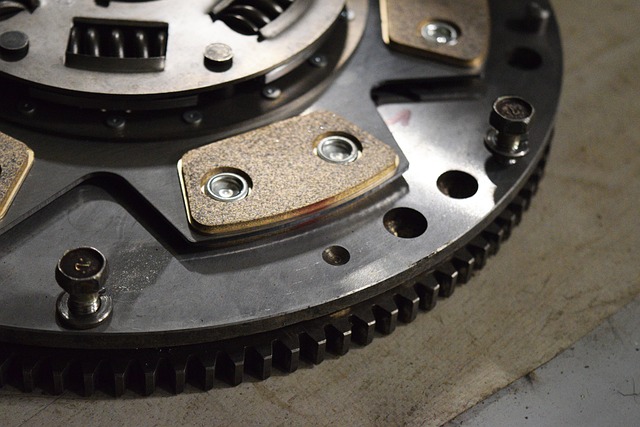The Car Models Mechanics Say Hold Up Best Over Time
When it comes to cars, long-term reliability matters just as much as performance. In 2025, mechanics are pointing to certain models that consistently stand the test of time, earning a reputation for durability and dependability. Discover which vehicles drivers and experts alike say are built to last.

What Makes a Vehicle Reliably Long-Lasting?
A vehicle’s long-term reliability depends on several key factors, including build quality, engineering design, and component durability. Regular maintenance plays a crucial role, but certain manufacturers have established reputations for producing cars that routinely surpass 200,000 miles. These vehicles typically feature robust powertrains, well-designed suspension systems, and corrosion-resistant materials.
Which Models Show Consistent Durability Year After Year?
Toyota’s Camry and Corolla consistently demonstrate exceptional longevity, with many units surpassing 300,000 miles when properly maintained. Honda’s Civic and Accord models similarly show remarkable durability, particularly in their four-cylinder configurations. The Subaru Outback and Toyota RAV4 represent lasting options in the crossover segment, regularly achieving high mileage thresholds with minimal major repairs.
How Do These Models Perform in Long-Term Cost Analysis?
Understanding the total cost of ownership provides crucial context for vehicle durability. Here’s a comparison of common high-mileage vehicles and their maintenance considerations:
| Model | Average Maintenance Cost/Year | Typical Major Service Intervals |
|---|---|---|
| Toyota Camry | $388 | Every 60,000 miles |
| Honda Accord | $400 | Every 50,000 miles |
| Subaru Outback | $480 | Every 45,000 miles |
| Toyota RAV4 | $429 | Every 55,000 miles |
Prices, rates, or cost estimates mentioned in this article are based on the latest available information but may change over time. Independent research is advised before making financial decisions.
What Features Contribute to Extended Vehicle Life?
Vehicles known for lasting longer typically share several characteristics:
-
Simple, proven mechanical designs
-
High-quality materials in critical components
-
Efficient cooling systems
-
Robust transmission designs
-
Conservative engineering approaches
Which Manufacturing Practices Support Long-Term Reliability?
Manufacturers achieving consistent durability often employ specific production methods:
-
Extensive quality control procedures
-
Conservative engineering tolerances
-
Comprehensive testing programs
-
Continuous improvement processes
-
Rigorous supplier standards
The correlation between manufacturing excellence and vehicle longevity becomes apparent when examining these successful models. While individual maintenance habits significantly impact a vehicle’s lifespan, certain models consistently demonstrate superior durability regardless of varying ownership patterns. Understanding these factors helps buyers identify vehicles likely to provide extended service life, particularly in the used car market where durability becomes increasingly important.




